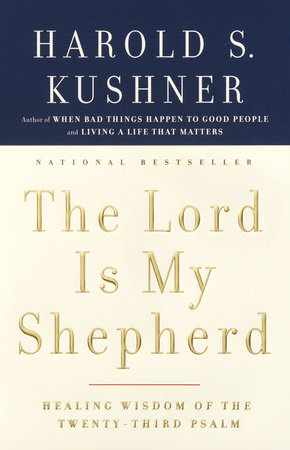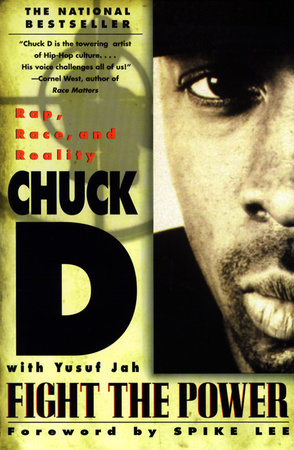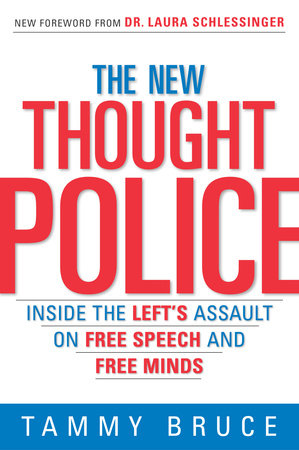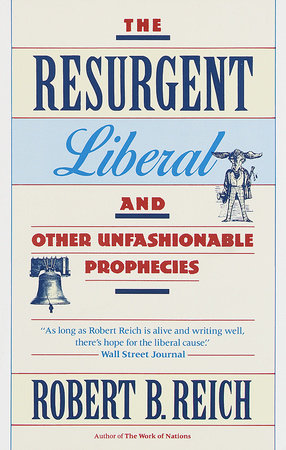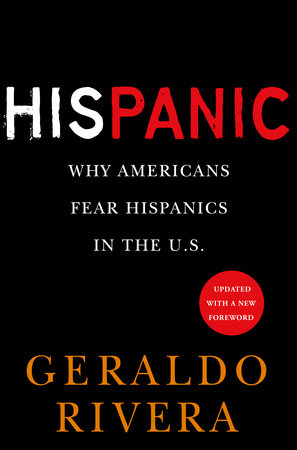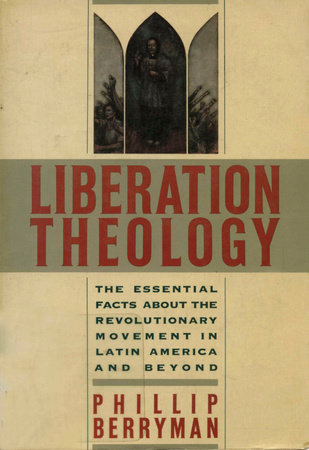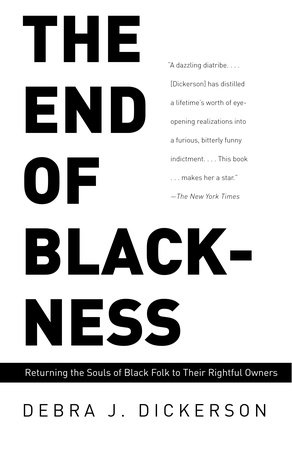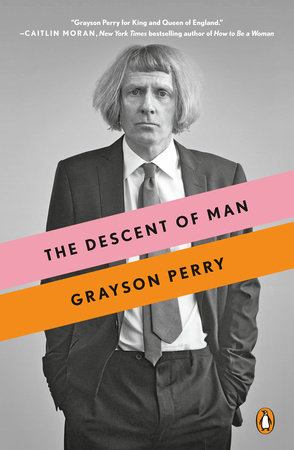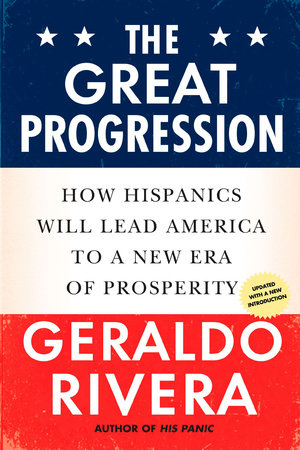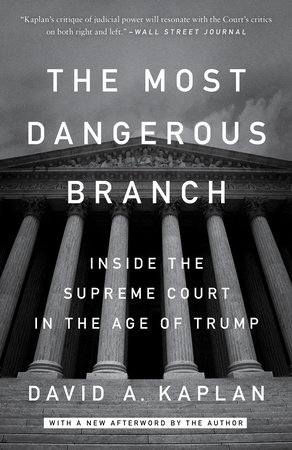A Conversation with Harold Kushner
Author of THE LORD IS MY SHEPHERD
Q:You say you have been thinking about this book for years. Why did you decide to write it now? This is your first book post 9/11. Did that tragedy affect your writing it?
A:I have wondered for a long time why the 23d Psalm has the power it has to comfort us. But when, in the wake of 9/11, so many people were asking me “How could God let this happen?” the answer I found myself giving was “God’s promise was never that life would be fair. God’s promise was that, when we inevitably have to confront the unfairness of life, we would be able to do it because God would be with us.” I realized that when I said that, I was citing the 23d Psalm, “I will fear no evil for Thou art with me.”
Q:Why do you refer to that line as “the heart of the psalm?”
A:First, because we turn to this psalm essentially for comfort and reassurance in troubling times, and that line, which not coincidentally is the exact middle line of the psalm, is the line that more than any other provides the comfort and reassurance we crave. In my opinion, it offers us the Bible’s clearest and most succinct answer to the question of why bad things happen to good people, and it answers that question not by explaining evil but by assuring us that God is on our side and not on the side of the evil deed, the accident, the illness or the injury. It doesn’t say that there is no such thing as evil in the world. It doesn’t say that evil happens only to people who deserve it. It says that there is plenty of evil in the world, plenty of undeserved suffering, but that it shouldn’t scare you because God is on your side and not on the side of the evil.
Q:Who wrote the 23d Psalm?
A: I’m afraid we’ll never know that. It might have been King David, but we don’t really know . The concept of individual authorship was very different in ancient times. Just as it takes a village to raise a child, it takes an entire culture to write a great poem.
Q:You describe the psalm as “a drama in three acts.” How so?
A: In its opening verses, the mood is calm, serene, peaceful green pastures and still waters. Then abruptly all that sunshine turns into darkness. We’re not told why. It may have been serious illness, business failure, betrayal, but most likely it was the death of someone close to the author. He has to struggle to find his way through the darkness. That’s when references to God change from “He” to “Thou” as the author comes to understand that it was only with God’s help that he made it through the valley of the shadow of death. Then in the final verses, he describes the new, more mature relationship he has come to have with God, based not on God giving him everything he wants, but on God offering him an ongoing sense of closeness.
Q:You write “My version of the psalm’s second line would read ‘The Lord is my shepherd, I shall often want’.” What do you mean by that?
A:If wanting refers to wanting more money, more fame, a bigger house, then I hope God prevents me from wanting those things. But there is a sense in which I don’t want to outgrow longing. I want there to be things in my life I haven’t done yet and I look forward to achieving. I want to cherish a vision of a better world rather than settle for the world as it is.
Q:Is there one line that for you has the most impact both personally and theologically?
A:When I began writing this book, I probably would have cited the line about “the valley of the shadow of death.” But by the time I finished, I had gained a special feeling for the line “surely goodness and mercy shall follow me all the days of my life.” The Hebrew is even more emphatic: “surely goodness and mercy shall pursue me all the days of my life.” I found the line saying to me that when it comes to my job, my marriage, my family, I have to work hard to get the results I want. I can’t rely on good intentions alone. But when it comes to “goodness and mercy,” feeling good about myself and feeling forgiven for my limitations, I can stop striving and just let those good things find me where I am.
Q:You write “There is a sense in which it is uncomfortable, even intimidating to live our days conscious of the fact that we are living them in God’s presence.” Why would God’s presence make some people feel uncomfortable?
A:It depends on how you feel about yourself. One of the defining characteristics of a human being is that we feel held accountable for what we do. In some religious traditions, we are even accountable for what we think, what we fantasize about. To be human is to realize that we are subject to God’s judgment. If you feel good about who you are, you’re like the child who calls to his parents to come and see what he can do. If you’re not that happy with who you are, you’re more like the adolescent who tells his parents “will you just get off my back and leave me alone!”
Q:You describe gratitude as “the fundamental religious emotion.” Why is it so hard for many people to cultivate the habit of gratitude?
A:Gratitude is more than remembering to mumble “thank you” when someone gives you something. It is a way of looking at the world so that we recognize the things in our lives as gifts we might just as easily not have been given. It asks us to see the “givens” in our lives – our looks, our talents, our family – as gifts, and even if we might have wished for a fancier or more expensive gift, it is rude not to express appreciation for the gifts we have. When the psalmist, a man who has known the “valley of the shadow,” writes “my cup runneth over,” he is saying that he has learned to be grateful for what he has rather than lamenting what he may have lost or missed out on.
Why can’t more people feel grateful for what they have? Some people feel so entitled to the best that they are disappointed by anything less. Others find it hard to say “thank you” because it makes them feel passive, dependent, to be on the receiving end rather than the giving end.
